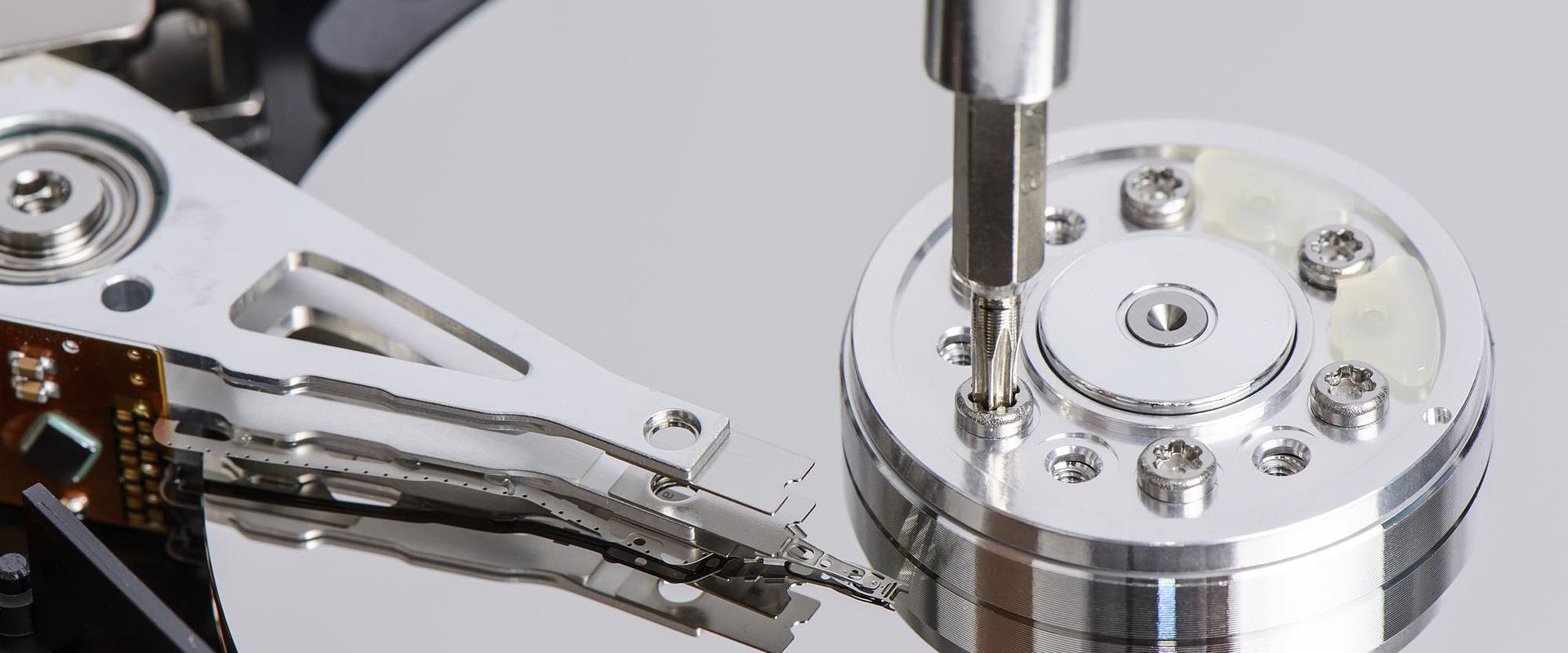
Ultra-sensitive temperature sensors
Challenge
Cutting edge industries, such as semiconductors and nanomaterials, rely on ultra-precision production techniques and sophisticated measurement instruments to meet design tolerances. As these industries develop ever smaller, more advanced products, ever greater precision and accuracy is needed.
One of the problems of working at such high precision, is that both the instruments and the products being produced can change with small variations in the surrounding temperature, leading to inaccuracies which affect the final product. Such instruments require regular re-calibration to compensate for temperature fluctuations, or must be maintained in costly temperature controlled labs.
High precision instruments are particularly effected by ambient temperature fluctuations. Accurate monitoring of small temperature variations found in most industrial environments is required to enable these instruments to continue to produce precision components.
Solution
The EMRP project Thermal design and time-dependent dimensional drift behaviour of sensors, materials and structures developed a prototype measurement system for ambient temperatures. This can be used to accurately assess how the performance of precision instruments change due to the small temperature fluctuations found in industrial environments.
The prototype utilises multiple, extremely sensitive contact thermometers, enabling accurate measurement of very small changes in ambient temperature. Manufacturers of precision instruments can use this to measure temperature variations at their facilities, and compare these to instrument responses. This can be used to understand the exact relationship between temperature and instrument performance, and so allow compensation methods to be developed to improve thermal stability.
Impact
MPro GmbH is exploiting the results to develop a commercial product. This expands MPro’s own product line, and helps other measurement instrument manufacturers improve the temperature-stability of their instruments.
One such manufacturer is SIOS Messtechnik. The prototype allowed them to monitor temperature changes at their facility, a typical industrial environment, to understand their instruments’ thermal stability. Using this data, they have improved an ultraprecise dimensional measurement instrument by eliminating small uncertainties related to temperature fluctuations. This will allow their customers to measure small components such as microelectronic, micromechanical or optical objects, to subnanometre precision, without the need for highly controlled environments.
In addition, Magnicon, who supplied a low noise amplifier to the project, have identified a completely new application for their technology through collaboration in the project. They are now developing the amplifier into a new instrument for measuring low voltages associated with temperature measurement.
More widely, the project is helping precision instrument manufacturers improve the reliability of precision instrumentation where temperatures change over time can effect performance. This will deliver increased accuracy to advanced manufacturing industries who are producing ever smaller and more advanced products for exciting new applications.
- Category
- Industry,
- EMRP,